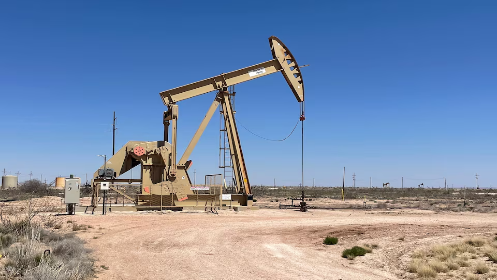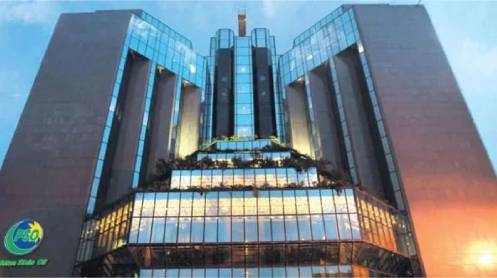KARACHI: Pakistan’s domestic oil and gas production has continued its downward trajectory for the fifth straight year, driven by a combination of policy uncertainty, security challenges, and natural reserve depletion, further exacerbating the country’s reliance on expensive energy imports.
Data reviewed by The News reveals a consistent drop in output since FY20. According to the Pakistan Petroleum Information Services, oil production fell from 76,734 barrels per day (bopd) in FY20 to 62,395 bopd in FY25. The trend includes minor fluctuations, with output slightly recovering to 70,524 bopd in FY24 before another sharp decline in FY25.
Natural gas production has also steadily declined—from 3,598 million cubic feet per day (mmcfd) in FY20 to just 2,885 mmcfd in FY25. Major producing fields such as Qadirpur, Sui, Uch, and Mari all reported decreased output over the years.
Industry analysts attribute this slump not only to the natural depletion of reserves but also to a hostile policy and investment environment. Several foreign energy companies have exited Pakistan’s upstream sector, citing unpredictable regulatory frameworks, profit repatriation issues, and delays in block allocation.
“Security issues in Balochistan and KP have restricted exploration activities, but policy inconsistency remains the bigger concern,” said one official familiar with the matter. Energy analyst Muhammad Iqbal Jawaid added that some oil output has ceased entirely due to the depletion of associated gas reserves.
The situation is worsened by the ongoing circular debt crisis, which has hindered timely payments to exploration and production companies, further discouraging investment in exploration and redevelopment activities.
With rising energy import bills and limited foreign reserves, experts warn that without strategic reforms and incentives, Pakistan’s energy security could be at growing risk.
Story by Tanveer Malik







